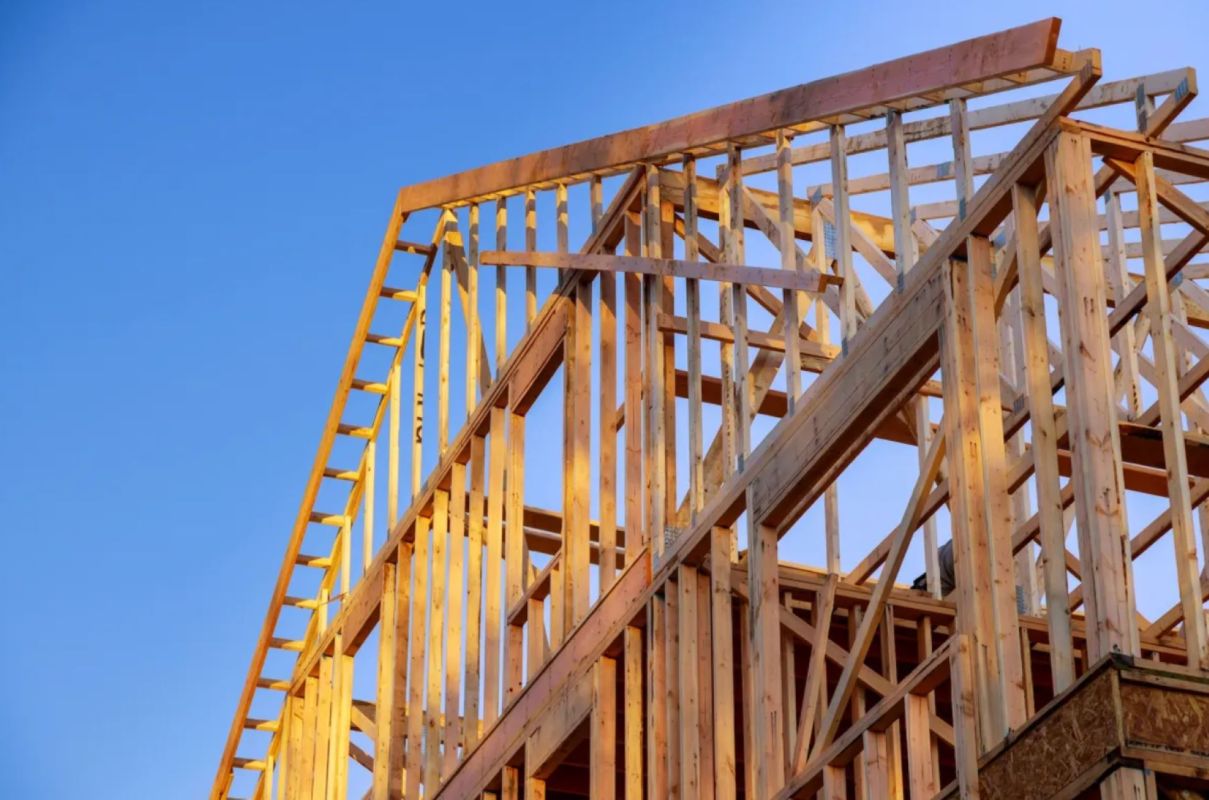Energy-efficient homes can save people a lot of money on electric bills, but one organization is lobbying against proposals to make these structures the norm.
What's happening?
The Washington Post reported that some of the 140,000 members of the National Association of Home Builders (NAHB) have been opposing efforts to update building codes to facilitate an easier transition to cleaner technologies.
"All that energy code was going to do in my price range is make it to where the working man and woman would not be able to buy a home," said North Carolina developer Ron Jackson, adding that the new regulations would have added $20,000 to construction costs. According to the Post, that figure was in line with the state branch of the NAHB.
However, a federal study discovered that code updates would have only added around $6,500 to new builds — a cost that would have been offset by the amount saved on power bills in the first year.
North Carolina builder Rob Howard told the news outlet that his energy-efficient cottages have been attracting the eyes of buyers who need affordable homes but want to cut costs from their monthly bills.
"We've done a lot in this state to educate both builders and inspectors about what it takes to build a more efficient home. The notion that building this way is too expensive or too complicated … I just don't buy any of that," he said. "Let's set a high standard for ourselves."
Why is this concerning?
In addition to costing consumers money in the long term, buildings that leak energy are bad for the planet. Residential energy use in the United States produces roughly 20% of the country's planet-warming pollution.
Pollution like this has caused more frequent extreme weather events, making some regions increasingly unlivable and even pricing people out of areas they previously called home.
If proposed code changes in North Carolina had passed, the amount of carbon dioxide eliminated would have been equivalent to removing 29,000 gas-powered cars from the road, according to analysis by Pacific Northwest National Laboratory.
North Carolina isn't the only area impacted by NAHB lobbying. The Post pointed to Michigan, Idaho, Alabama, and Colorado as states that have run into walls when trying to upgrade their building codes.
"It's an ongoing campaign," Southwest Energy Efficiency Project senior buildings policy manager Christine Brinker told the outlet. "When things don't go their way at the national level, then they turn to the state and local level. And when things don't go their way there, they change the rules."
What can be done about this?
Some states have laws that encourage the use of energy-efficient technology. Legislation in Washington, for example, supports the adoption of heat pumps. These devices, which can be used for heating and cooling, save people nearly $700 every year.
U.S. Green Building Council state and local advocacy senior manager Jennifer Gunby also pointed out that policymaking is an ongoing process.
"Every bill that wasn't successful last year, we expect to be introduced again," she told the Post.
Getting involved in local climate efforts, donating to planet-friendly organizations, and participating in elections are ways to make your voice heard on these issues.
Join our free newsletter for cool news and actionable info that makes it easy to help yourself while helping the planet.









